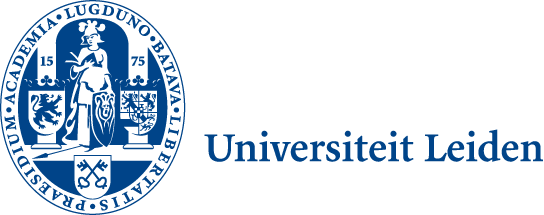- Leiden University
- Leiden Institute of Chemistry
- Master's Programmes
Thesis Talk: Nick Puijmbroeck
Thesis Talk
Development of Bio-Orthogonal Lipids as Tools for Investigating Endocannabinoid Synaptic Transmission
Nick Puijmbroeck
- Date
- Tuesday 21 Jan 2025
- Time
- 15:15 - 15:45
- Location
- BW.0.32
- Supervisor
- Mario van der Stelt
- 2nd reviewer
- Anthe Janssen
- Jury
- Hermen Overkleeft
The endocannabinoid system (ECS) plays a pivotal role in regulating various neurological and psychiatric disorders, as well as fundamental cognitive and behavioral processes. Despite extensive research into the synthesis, function, and degradation of its primary signaling lipids, 2-arachidonoylglycerol (2-AG) and anandamide (AEA), significant gaps remain in the understanding of how these lipids are transported intra- and extracellularly. This knowledge gap is largely due to the lack of robust tools for studying lipid trafficking. In this thesis, we address this challenge by developing a set of bio-orthogonal endocannabinoid probes incorporating a cyclopropene, enabling selective labeling via inverse-electron-demand Diels–Alder (IEDDA) chemistry. We present a semi-synthesis to modify endogenous arachidonic acid (AA) to its bio-orthogonal analogue, which is subsequently used to synthesize bioorthogonal derivatives of N-acylphosphatidylethanolamine (NAPEs), diacylglycerol (DAGs), and AEA and 2-AG. The similarity of the AEA and 2-AG probes compared to the endogenous lipids were validated in biochemical assays, demonstrating that key enzymes such as diacylglycerol lipase (DAGL) and monoacylglycerol lipase (MAGL) are able to hydrolyse these probes. Furthermore, cellular uptake studies confirmed that the probes could successfully enter U-87 MG cells and be visualized by microscopy. To further refine the toolkit, a photocaged-AEA was synthesized, establishing a foundation for achieving enhanced spatiotemporal control in endocannabinoid studies. Taken together, this particular approach holds the potential to visualize live lipid transport dynamics in future studies.
Are you interested in the MSc Chemistry or MSc Life Science & Technology programme?
Find out more about the programmes, career prospects & how to apply.

